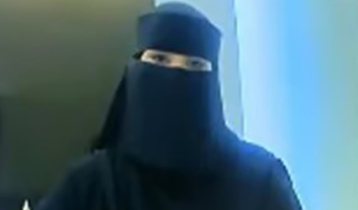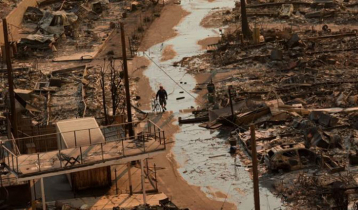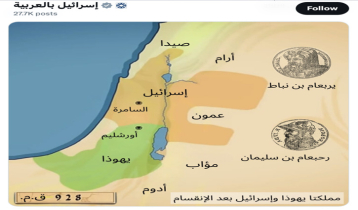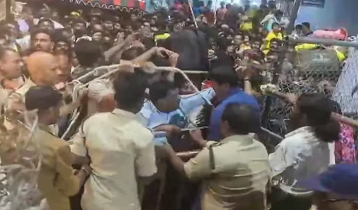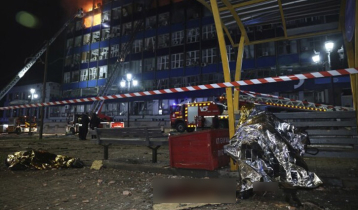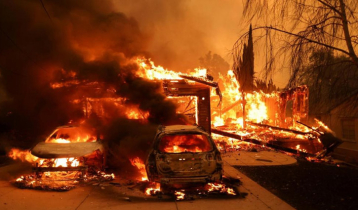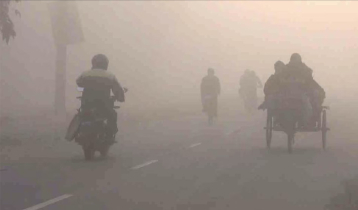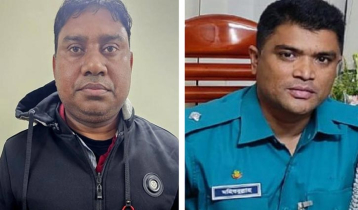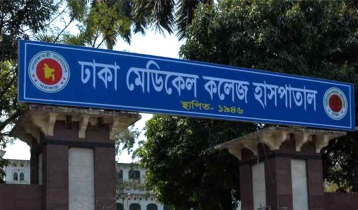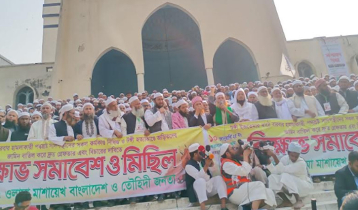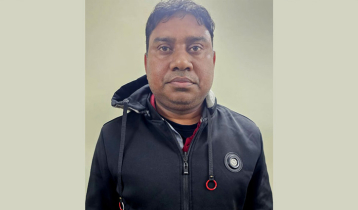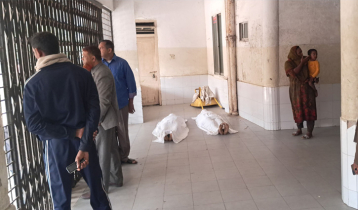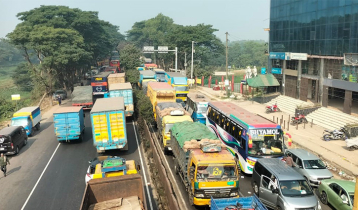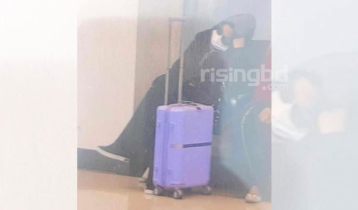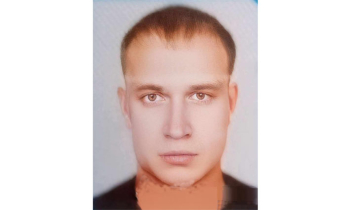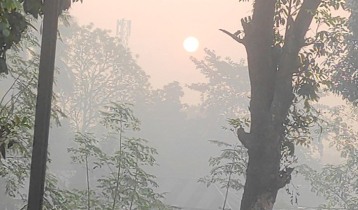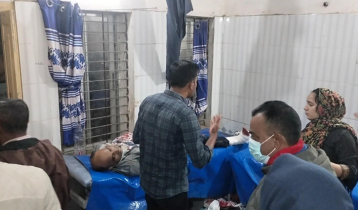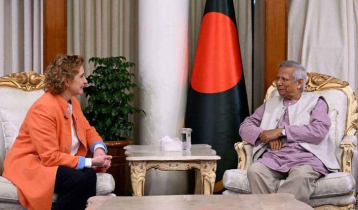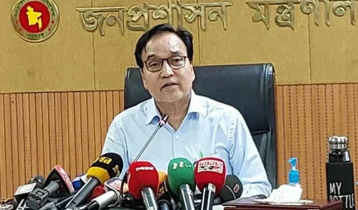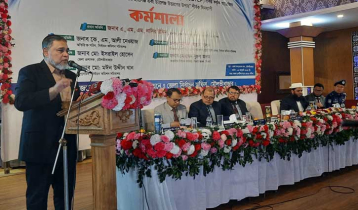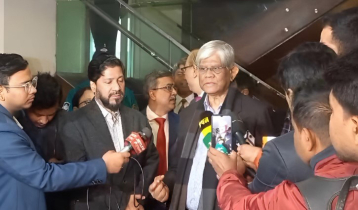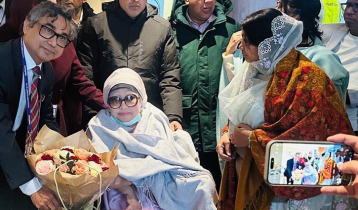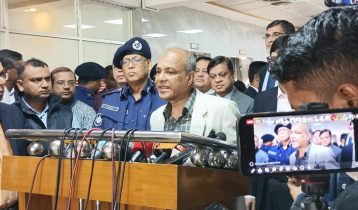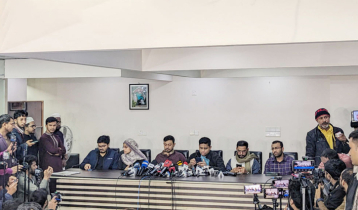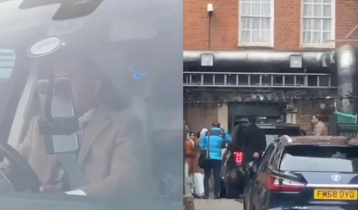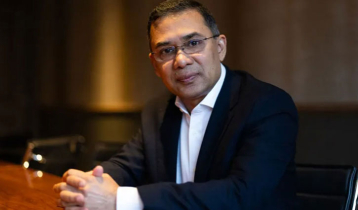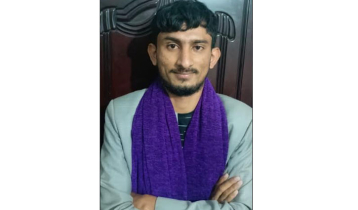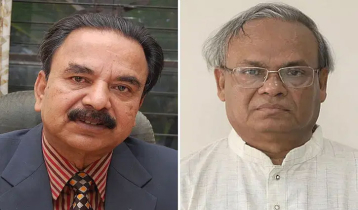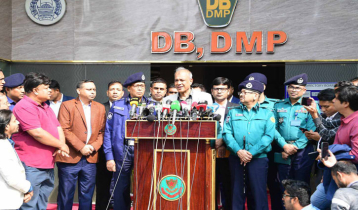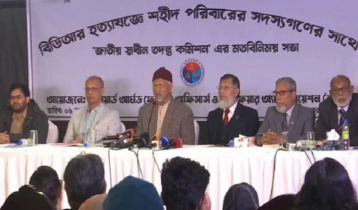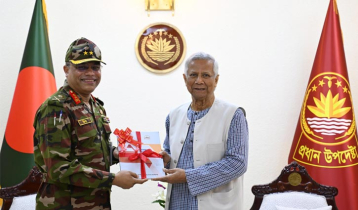India court bars airing of Al Jazeera documentary
News Desk || risingbd.com
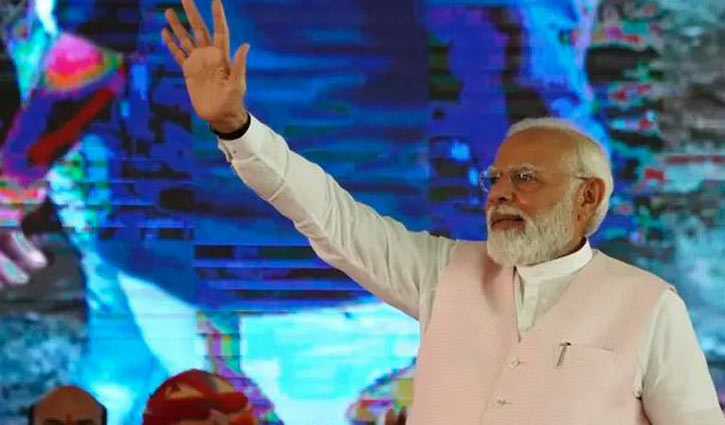
A court in India has restrained Al Jazeera from broadcasting an investigative film on hate crimes against Muslims by Hindu supremacist groups in the country.
The Allahabad High Court in the northern Uttar Pradesh state on Wednesday barred the Doha-based media network from airing the film India … Who Lit the Fuse?, saying the broadcast could lead to “evil consequences”.
“Considering the evil consequences that are likely to occur on the telecast/broadcast of film … we are of the view that the broadcast/telecast of the film in question be deferred pending consideration of the cause in the present petition,” the court said as it heard a petition against the film filed by an Indian national.
The petitioner, Sudhir Kumar, alleged the documentary had the potential to create disharmony among citizens and threaten India’s integrity, according to Indian media reports.
The court directed the Indian government to take measures to ensure the film is not broadcast or promoted on social media unless its contents have been examined by the authorities and the necessary authorisation obtained.
The court will next hear the case on July 6.
India … Who Lit the Fuse? is part of Al Jazeera’s Point Blank investigation series. Backed by testimony and documents, it uncovers the activities of Hindu supremacist outfits, such as the Rashtriya Swayamsevak Sangh (RSS), the far-right ideological mentor of the ruling Bharatiya Janata Party (BJP).
The RSS, a secretive militia group with millions of members across India, was inspired by the Nazis in Germany. Formed in 1925, it aims to create an ethnic Hindu state out of a constitutionally secular India.
The group was briefly banned in 1948 after one of its suspected members assassinated Mahatma Gandhi, the leader of India’s independence movement from the British.
The Al Jazeera documentary features an interview with a defector from the RSS, who reveals chilling details of his training sessions in RSS camps, allegedly overseen by members of the Indian Army.
The film also depicts the harassment and targeting of nearly 700,000 Muslims in the northeastern state of Assam, governed by the BJP. Since the passage of a citizenship law in 2019, the Bengali-speaking Muslims in Assam fear losing their nationality and being deported to neighbouring Bangladesh.
The Al Jazeera investigation also reveals widespread campaigns across multiple Indian states to demolish properties belonging to Muslims. The campaigns include tearing down homes and businesses, which critics say is an attempt to economically and socially disenfranchise India’s Muslim minority.
A BJP spokesman dismissed the allegations made in the documentary, saying Prime Minister Narendra Modi’s government is committed to rule of law in the Hindu-majority country and individuals accused of targeting Muslims would face severe consequences.
He also defended the RSS, calling it non-discriminatory and working for the welfare of Indians from all the backgrounds, including Muslims, Christians, tribal people and historically disadvantaged groups such as the Dalits.
The move against the Al Jazeera documentary follows a similar ban imposed on a BBC film that questioned Modi’s role when he was the chief minister of Gujarat state, where more than 1,000 Muslims were killed during riots in 2002. Activists say the actual death toll is twice that number.
Since the banning of the BBC film in January, its offices in New Delhi and Mumbai have been raided, and Indian authorities have accused the United Kingdom-based network of tax violations. The BBC denied the charges and said it stands by the facts mentioned in its two-part film. _Al Jazeera
Dhaka/AKA

